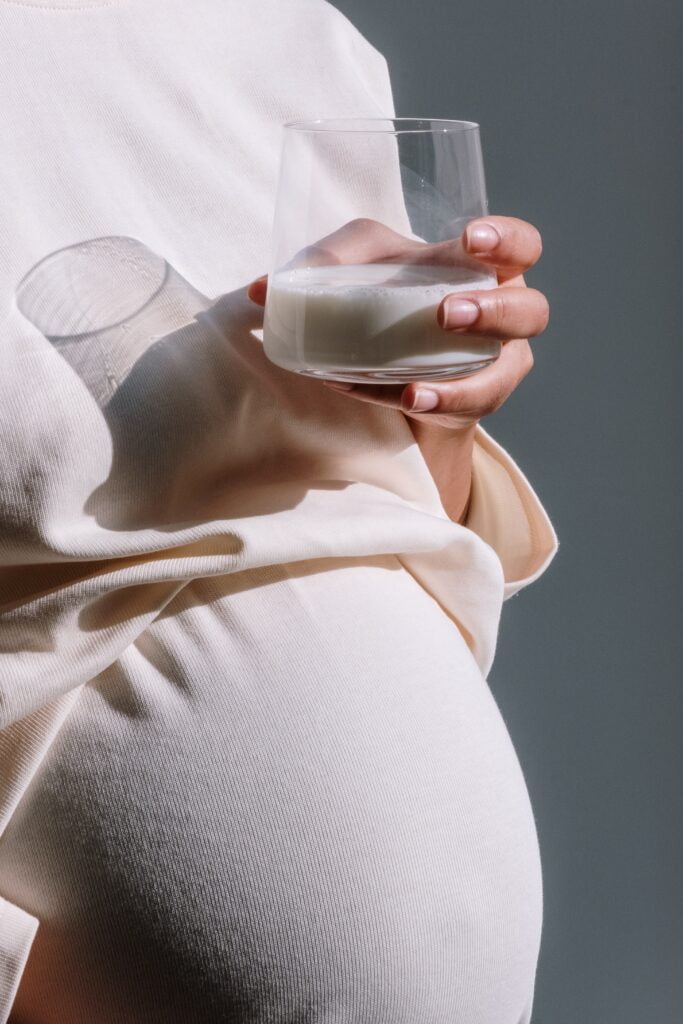
Pregnancy is a time when a woman’s body goes through many changes. One of the most important things you can do during this time is to eat a healthy, well-balanced diet. Eating nutritious foods can help support the growth and development of your baby, as well as promote your own health and well-being.
Here are some tips for what to eat and what to avoid during pregnancy:
What to Eat:
- Fruits and Vegetables: These are rich sources of vitamins, minerals, and fiber that are essential for a healthy pregnancy. Aim to eat at least 2 cups of fruits and 2.5 cups of vegetables each day.
- Whole Grains: These include whole wheat bread, brown rice, and oatmeal. They are a good source of fiber, which can help prevent constipation during pregnancy.
- Lean Proteins: These include chicken, fish, eggs, and beans. Protein is important for the growth and development of your baby, as well as for the growth and repair of your own body tissues.
- Dairy Products: These include milk, cheese, and yogurt. They are a good source of calcium, which is important for building strong bones and teeth in your baby.
- Healthy Fats: These include avocados, nuts, and olive oil. These fats are important for the development of your baby’s brain and nervous system.
What to Avoid:
- Alcohol: Drinking alcohol during pregnancy can increase the risk of birth defects and developmental problems in your baby.
- Caffeine: High amounts of caffeine can increase the risk of miscarriage and low birth weight. Limit your intake to no more than 200 milligrams per day.
- Raw or Undercooked Meat: These can contain harmful bacteria that can cause foodborne illnesses.
- Processed Foods: These are often high in sodium, sugar, and unhealthy fats. They can contribute to excessive weight gain during pregnancy and increase the risk of gestational diabetes.
- Fish High in Mercury: This includes shark, swordfish, king mackerel, and tilefish. These fish can contain high levels of mercury, which can be harmful to your baby’s developing nervous system.
In addition to eating a healthy diet, it’s also important to stay hydrated by drinking plenty of water. Aim to drink at least 8 to 10 cups of water each day.
If you have any concerns about your diet during pregnancy, be sure to talk to your healthcare provider. They can provide guidance and support to help you make healthy choices for you and your baby.
In conclusion, eating a healthy, well-balanced diet is essential during pregnancy. By following these tips for what to eat and what to avoid, you can help ensure the best possible outcomes for you and your baby.